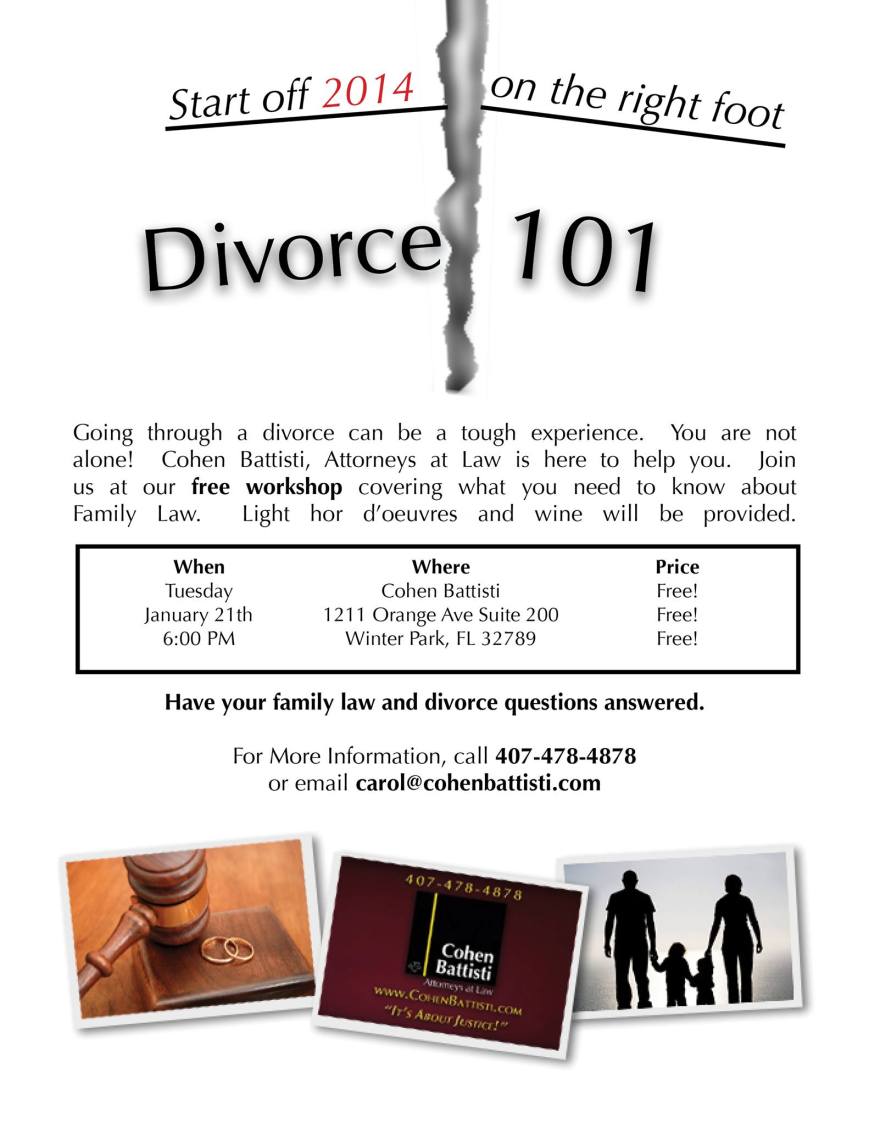A True Story:
Back in 2006, a friend of mine and his wife were moving to Florida from the Midwest, and decided to purchase a home in Central Florida. To their surprise, although a number of carriers offered coverage, only one was willing to offer coverage to include hurricane damage. When he asked his insurance agent, “Why won’t anybody offer me hurricane coverage in Florida?” the response he received was, “Simple; because there’s hurricanes in Florida.”
Although humorous, this anecdote is representative of the powerlessness many homeowners feel in both purchasing insurance and reporting covered losses. On one hand, residential insurance is a social institution, a public necessity that anyone who purchases a home through a mortgage must obtain. There is no choice. On the other hand, insurance companies are profit-driven businesses, not public organizations, and as such their ultimate loyalty lies with stockholders, not policyholders.
Insurer Advantage:
Likewise, the insurance policies themselves are equally dictatorial. The contract terms are non-negotiable. The pricing for various coverage’s are non-negotiable. The decision by insurance companies to admit coverage, deny coverage, or issue payment in full for repair work is absolute (outside of litigation). The contract itself, a voluminous document riddled with legal jargon and often vague meanings even experienced attorneys dispute, is virtually incomprehensible to homeowners. And to exaggerate the already-uneven playing field homeowners’ face, private insurance companies are fundamentally driven by profit incentives, whereby the less homeowners are paid, the more the company benefits.
So if an insurance company decides to deny or underpay a homeowner’s claim, what are their options? In most states, their only choices are to hire an attorney or public adjuster who will work on a percentage contingency basis (where the attorney takes a percentage of any amount the homeowner recovers), or hire an attorney who bills based on their hourly rate; either way, the homeowner will likely sacrifice thousands of dollars in the hopes they might recover insurance benefits which they should have provided already. The general result is, if a smaller claim is either denied or underpaid, the homeowner has no practical way to recover what they’re owed or otherwise contest the insurance company’s decision.
Sunshine State Levels Playfield:
Fortunately, in my home state of Florida, the legislature has provided homeowners with a few mechanisms which help even the playing field between homeowners and insurance companies. One of the most significant of these is Florida’s “fee-shifting” statute. Under Florida Statute Section 627.428, if a homeowner recovers money from their insurance company for a wrongfully underpaid or denied claim, there are entitled to have their attorney’s fees and costs paid in addition to any amount they recover for their loss. Such laws are essential to empowering homeowners to dispute a wrongly denied or underpaid claim, and stand up for their contractual rights. As such, our firm strongly encourages other states to join Florida in enacting fee-shifting statutes to help empower homeowners to have their voices heard by the insurance industry.
Providing homeowners with litigation fees and costs when they recover against an insurer is empowering in multiple ways. Homeowners have the opportunity to obtain top-notch legal representation without having to sacrifice benefits they’re properly owed.
Legislative Action Helps Close the Gap:
Likewise, insurance companies have an incentive to consider their coverage decisions a little more thoroughly, with the knowledge that improper payment or denial could result in paying additional thousands of dollars in the homeowner’s legal costs and fees. And, of course, from a Plaintiff attorney’s perspective, there is nothing that makes us happier than being able to recover the full amount our clients are owed without having to take a penny of their actual benefits.
In sum, although the playing field between insurers and homeowners is far from level, states that choose to adopt similar “fee-shifting” laws are providing an essential tool for homeowners to defend themselves, their homes, and their families from insurance companies who otherwise have insurmountable money and resources at their disposal. In a time when homeowners insurance is not merely a product to be purchased at leisure, but an essential, necessary, and mandatory institution of our society, “fee-shifting” laws may be the most effective path to rectify the clear power imbalance between insurers and homeowners.
By attorney Michael Grossman



